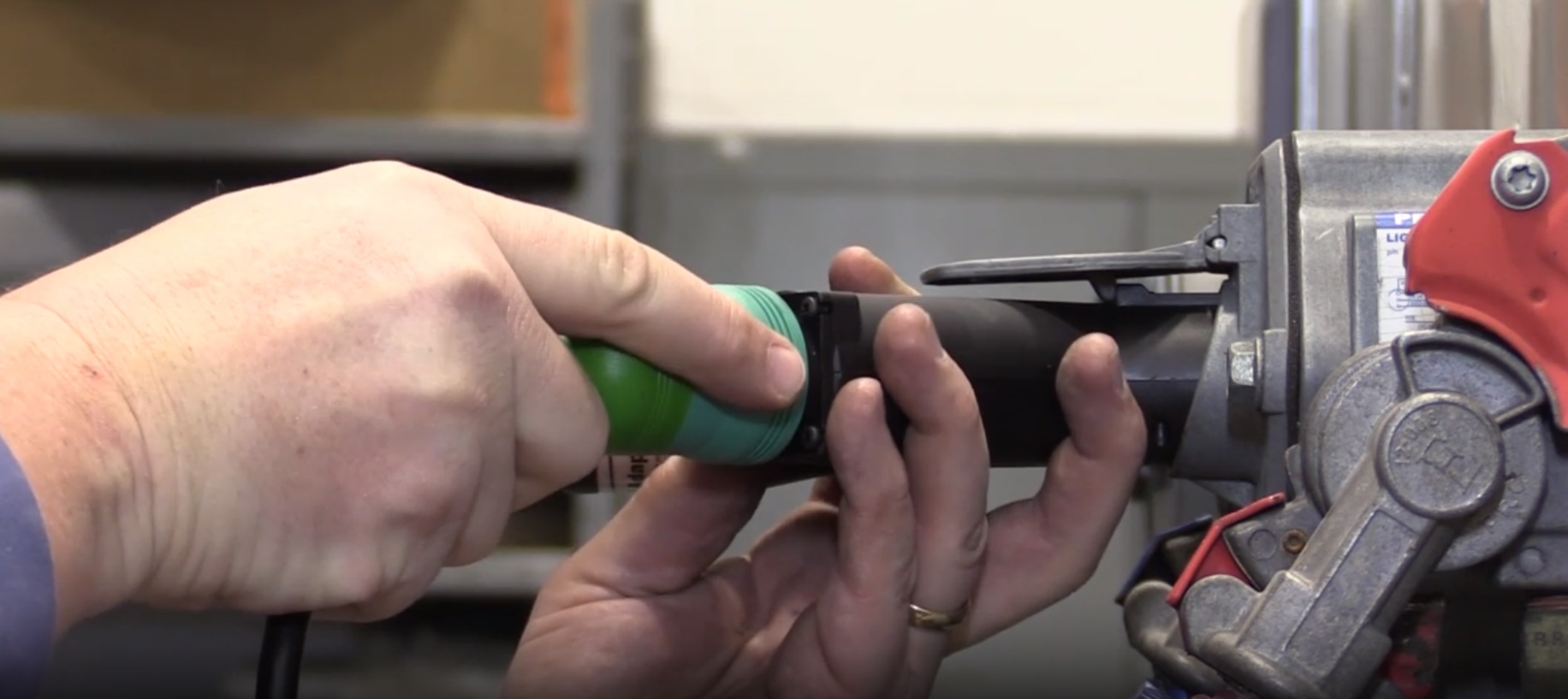If you think oil and gas prices are getting bad now, and world supplies are critical, just wait a few years. It will only be worse, and it will have a drastic impact on the U.S. economy as well as the automotive service industry. You see, when oil and gas prices rise, Americans drive fewer miles – putting less wear and tear on their vehicles. Which means less service and maintenance repairs for your shop.
Worrying about oil supplies and constant fluctuations in oil production is bad for the U.S. economy and hurts investment growth by keeping a dark cloud over Wall Street.
However, the cause of this pending oil crisis may not be what you think – it’s much bigger. And it’s one that not many people have yet recognized – it’s China.
Strong economic growth in China has fueled crude imports to increase 31% to record levels in 2003. This growth is putting China on course to become second only to the U.S. in major world oil consumers. According to International Business Daily, China imported 91.12 million tons of crude in 2003 (or about 1.87 million barrels per day), up from 69.4 million tons a year earlier. Much of this oil is going toward large infrastructure projects, a hopping transportation sector and a boom in family car buying.
Total vehicle sales were up 30% in 2003 over the previous year. With 2003 annual sales in that nation to be close to 3.8 million cars, China is on track to overtake Germany as the world’s third-largest car and truck market.
As China digs in to feed its growing oil appetite, who knows what type of deals it will strike with the oil-rich Arab nations. Will China trade weapons or technology to those countries to get its oil fix?
Sure, the U.S. and the world’s auto manufacturers are happy with China’s vehicle binge. Vehicle growth for China means more car and truck sales for them. The Big Three vehicle manufacturers are already investing billions of dollars (yes, billions) in exporting vehicles to China. But this will only contribute to a future problem that many do not see on the horizon. (In fact, gas-guzzling American SUVs are becoming a hot commodity in the big Chinese cities.)
Look, I’m not saying selling vehicles to China is bad. And I do want the Chinese to have the freedom to travel around their countryside like we do. However, I want China to be globally responsible. And the way to do that is for China to make the move now to commit to hydrogen-powered vehicles.
I propose that they (with our help) invest in fuel cell technology. They have plenty of money and the resources in that country (due to trade imbalances with countries like ours.) Let’s get tough on China to do something for the world, other than only think of themselves as usual.
Since China needs to build fuel stations for their vehicle growth, they might as well invest time and money in hydrogen facilities. Why waste money on gas stations that will become obsolete as hydrogen-powered vehicles eventually become the inevitable transportation choice of the future.
This isn’t a far-fetched idea. Late last year, representatives from General Motors took their Hy-wire concept to China for some demonstrations. The Hy-wire is a hydrogen fuel cell-powered vehicle that uses electronic steering, acceleration and braking.
And don’t think the technology isn’t available for mass production fuel cell vehicles. Recently, Honda Motor Corp. announced it has developed a fuel cell stack that is remarkably compact and delivers higher performance with increased range and fuel efficiency. The Honda fuel cell is designed to operate at temperatures as low as -20

